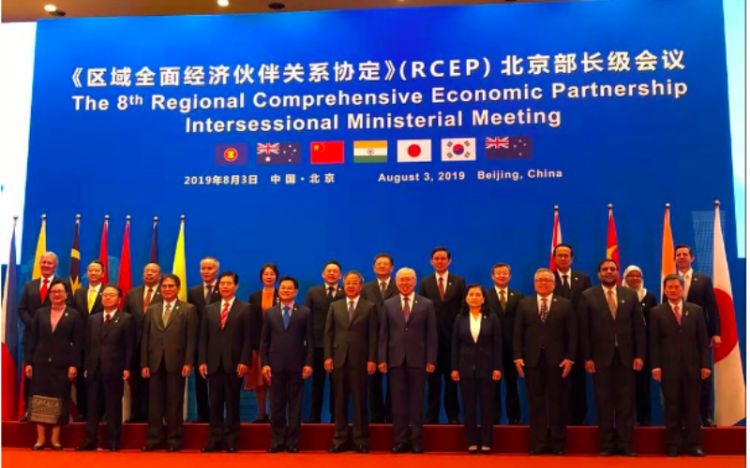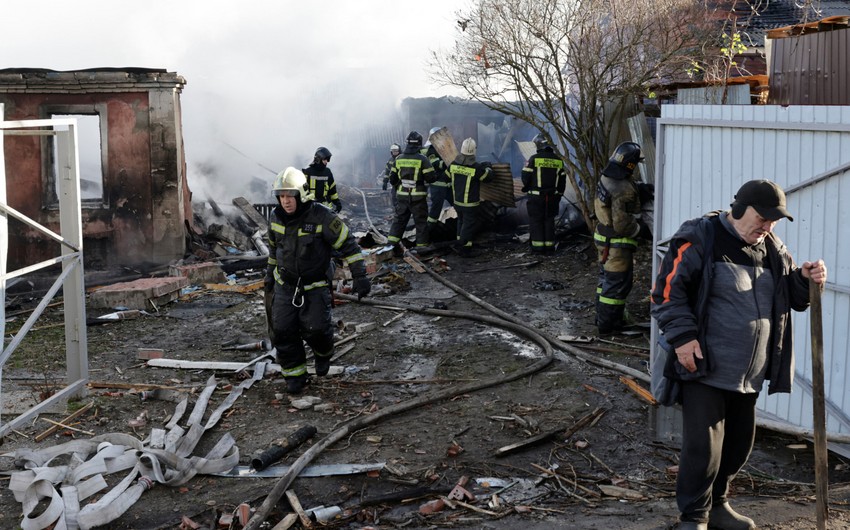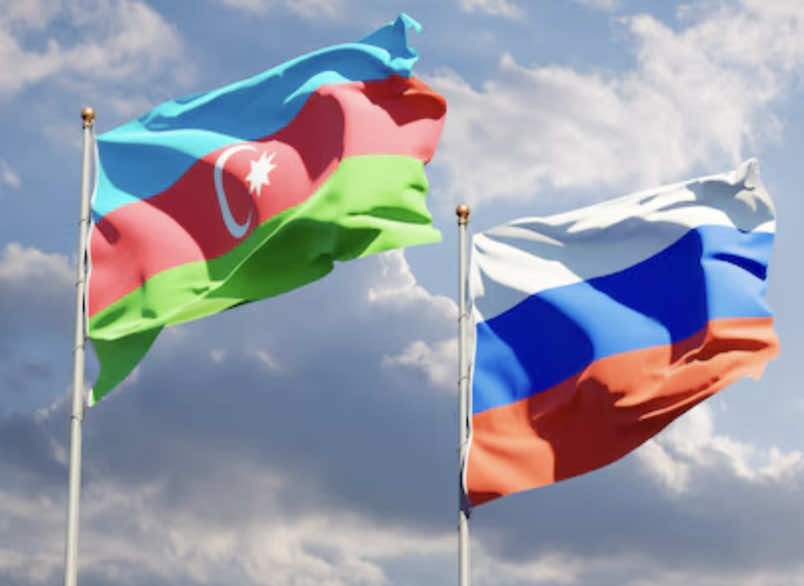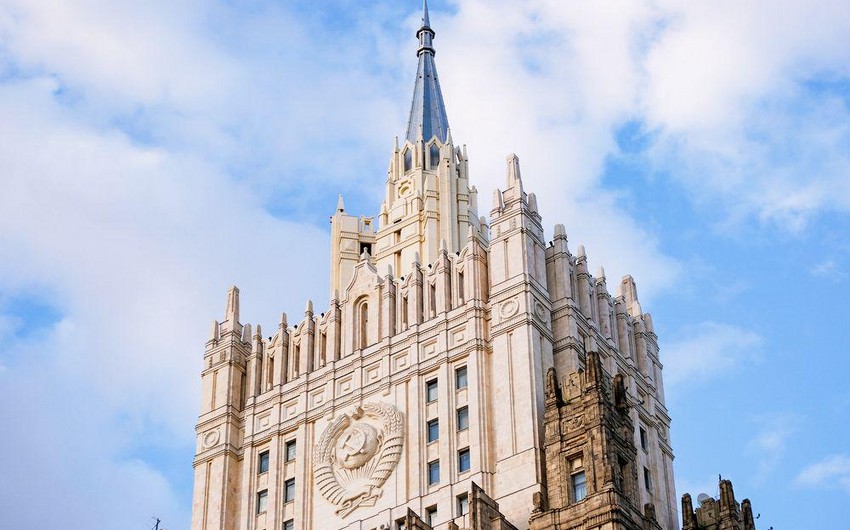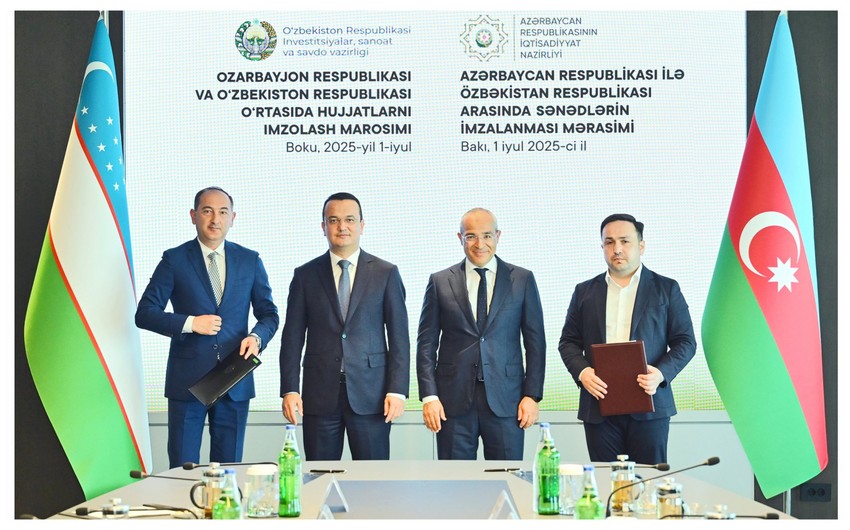Eurasia Diary presents an article titled "CHINA AND RCEP: ANOTHER REGIONAL & GLOBAL ECONOMIC STABILIZATION" published in Pakistan Observer.
Article was written by Mehmood Ul Hasan Khan, expert on geopolitical and regional studies.
THE Chinese process of regional socio-economic integration and global economic stabilization and stimulation has now become a hot topic in the mass media. Unfortunately, the Western geopolitics is busy in mudslinging which will achieve nothing but a greater economic downturn for them.
From cost savings to greater market access, there will be clear benefits for all the member countries of the Regional Comprehensive Economic Partnership (RCEP) as the world’s largest trade deal has been operationalized from January 1, 2022.
RCEP is an important agreement that will boost trade collaboration and integration within the region.
It will allow for greater transparency and facilitate services exports in areas such as professional services, computer and business services as well as logistics and distribution. It is a free trade agreement between the 10 Association of Southeast Asian Nations (ASEAN) members plus Australia, China, Japan, New Zealand and South Korea.
According to Chinese official data (January 2022) it has further enhanced the economic potential of China’s exporting provinces in the first week of implementation of the RCEP pact, as companies across China are thrilled at the tangible RCEP benefits. It seems that the recent economic boost and trade and commerce acceleration is the outcome of the recently implemented mega trade deal of RCEP. Interestingly, since the RCEP officially came into force on January 1, the China Council for the Promotion of International Trade (CCPIT) issued 275 RCEP certificates of origin for 135 Chinese enterprises from 18 provinces, autonomous regions and municipalities. Thus economic stabilization and stimulation flourishes.
In this connection, the RCEP pact took effect in Australia, Brunei, Cambodia, China, Japan, Laos, New Zealand, Thailand, Singapore and Vietnam on January 1, 2022. Interestingly, South Korea will follow on February 1, but Malaysia, Indonesia, Myanmar and the Philippines have yet to ratify the deal. However, seven ASEAN members and five other partners, China, Japan, South Korea, Australia and New Zealand which account for 30% of the world’s economy have ratified the RCEP. The RCEP eliminates tariffs on about 90% of traded goods and standardizes many customs, investment, IP and e-commerce regulations.
It is hoped that by forming a single set of trade rules and simplifying complex issues such as rules of origin (CoO), the RCEP will further enhance the development of Regional Value Chain Systems (RVCS).
According to HSBC’s latest report (December 2021), the RCEP covers nearly a third of the global population and about 30% of its global gross domestic product, but this is expected to rise to 50% by 2030. Thus economic prospects of the RCEP are positive which will also benefit macro-economy of all the participating countries in the days to come.
Interestingly, India withdrew from the deal at the end of 2020 amid concerns its economy could be flooded with cheap Chinese goods and farmers could be hurt by agricultural imports from Australia and New Zealand. Moreover, India’s rejection of the RCEP is more about geopolitics instead of geo-economy.
Furthermore, the RCEP will promote trade and attract investments to all participants in ASEAN indeed. Hopefully it will further promote intra-region free trade. It will open a new chapter for regional economic and trade ties.
It estimates that trade is an important driver of growth for Asia, and RCEP’s commencement will put Asia back on its pre-COVID growth trajectory. Intra-Asian trade, already larger than Asia’s trade with North America and Europe put together, will receive a further boost with RCEP’s standardized rules of origin. Moreover, RCEP will make it easier for firms to use Southeast Asia as a production base, and could accelerate the diversification of supply chains and the reallocation of FDIs already underway in Asia.
The pact should also help streamline existing free-trade agreements in Asia-Pacific and strengthen intraregional trade linkages. Additionally, foreign businesses may also benefit from building production facilities in lower-cost ASEAN markets to make use of RCEP trade rules and preferences when trading within the region.
Beijing also said the deal will serve as “powerful leverage” for keeping trade and foreign investment stable in 2022, as it will expand exports of Chinese products while helping speed up China’s industrial transformation. Hainan Yanghang Industrial Company in South China’s Hainan Province has become the first enterprises to enjoy the zero tariff policies under RCEP.
It seems that the RCEP agreement will gradually lift tariffs for China’s imports of coconut milk, pineapple products and paper products from ASEAN countries. Consequently, RCEP will boost investment opportunities between China and other member states, as it ushers in wider access for foreign investors and increases policy transparency.
Imports and exports between China and the other 14 RCEP members totalled 10.96 trillion Yuan (US$1.72 trillion) in the first 11 months of 2021, accounting for 31% of China’s total foreign trade value.
During 2022, ASEAN developing countries such as Brunei, Singapore, Thailand and Vietnam which have ratified the agreement will eliminate about 75% of their tariffs on imported products from China. The remaining tariffs will be gradually eliminated over 20 years.
To conclude, it is suggested that RCEP should further consolidate different rules of origins in ASEAN+1 FTAs so that RCEP partners may take advantage of preferential tariffs. This is particularly important for the development of high-tech value chains such as electronics and automobiles, where parts and components are manufactured in different countries in the region. Therefore, the relatively high tariff liberalization coupled with harmonized rules of origin in RCEP should not only save costs and increase profits for traders, but also facilitate ASEAN firms’ participation in the regional and global value chains.
The RCEP is the largest economic bloc in the world. Even without India, the countries in the RCEP account for 30% of the world’s population, 29% of global GDP, 27% of global trade, and 29% of foreign direct investment (FDI). By comparison, the Trans-Pacific Partnership (TPP) without the US (now called the CPTPP) represents only 7% of the world’s population, 13% of global GDP, 15% of trade, and 20% of FDI. Thus economic and Trade and commerce comparative advantage of the RCEP is obvious as compared to other regional as well as global trade pacts.
Despite some regional speculations, global manipulations and propagation, the traditional labour-intensive sectors in Southeast Asia will also be benefiting from the RCEP, such as mechanical and textile industries.
RCEP is a giant step towards regional socio-economic transformation, trade and commerce integration, mobilization of investment and last but not the least, boost to exports. Greater economic stabilization and stimulation is the way forward because an ongoing human saga in the shape of a series of Coronas (Delta and Omicron) has badly damaged the global economy. Thus the role of China is paramount in which its mega projects like BRI, CPEC and free trade agreements RCEP would play a vital role for regional as well as international economic recovery.

